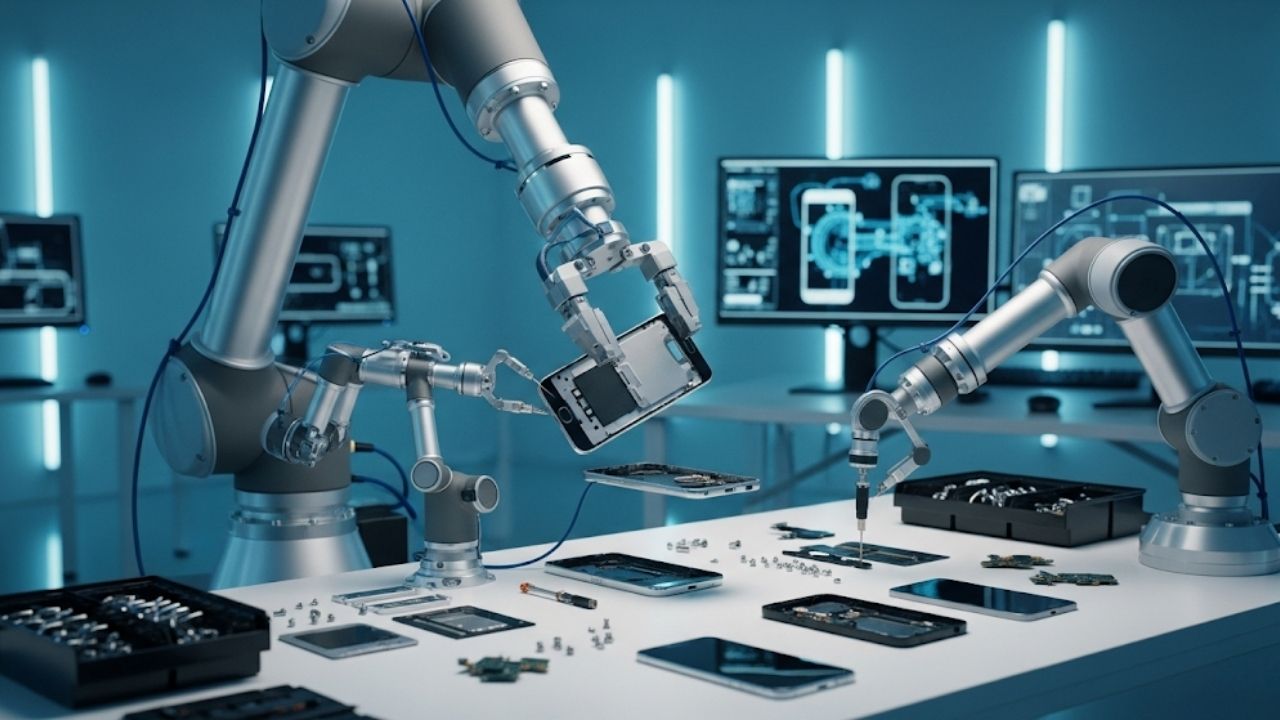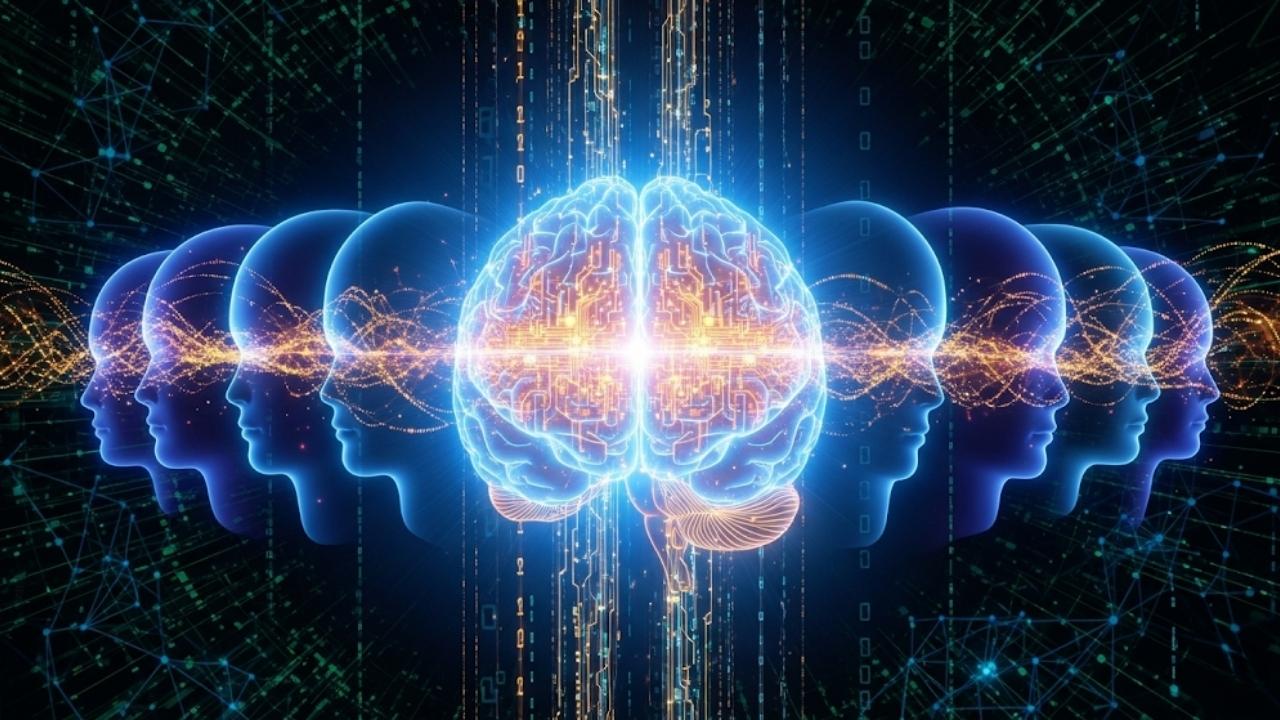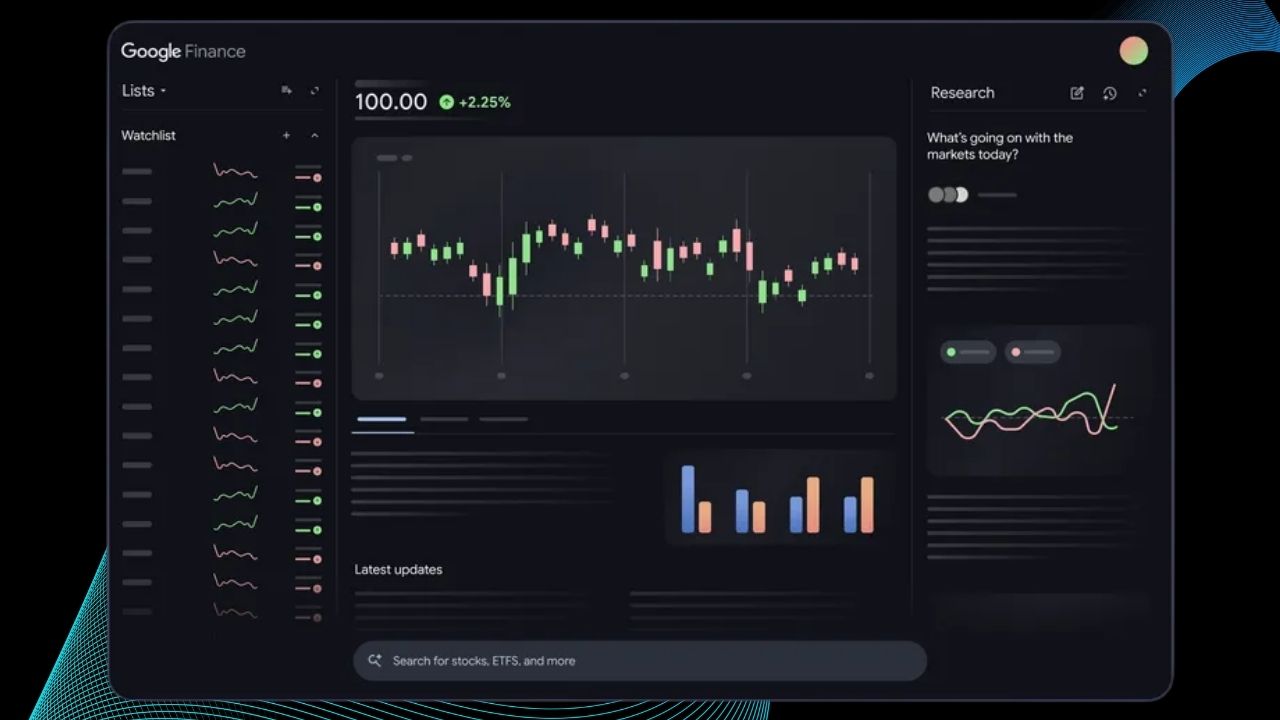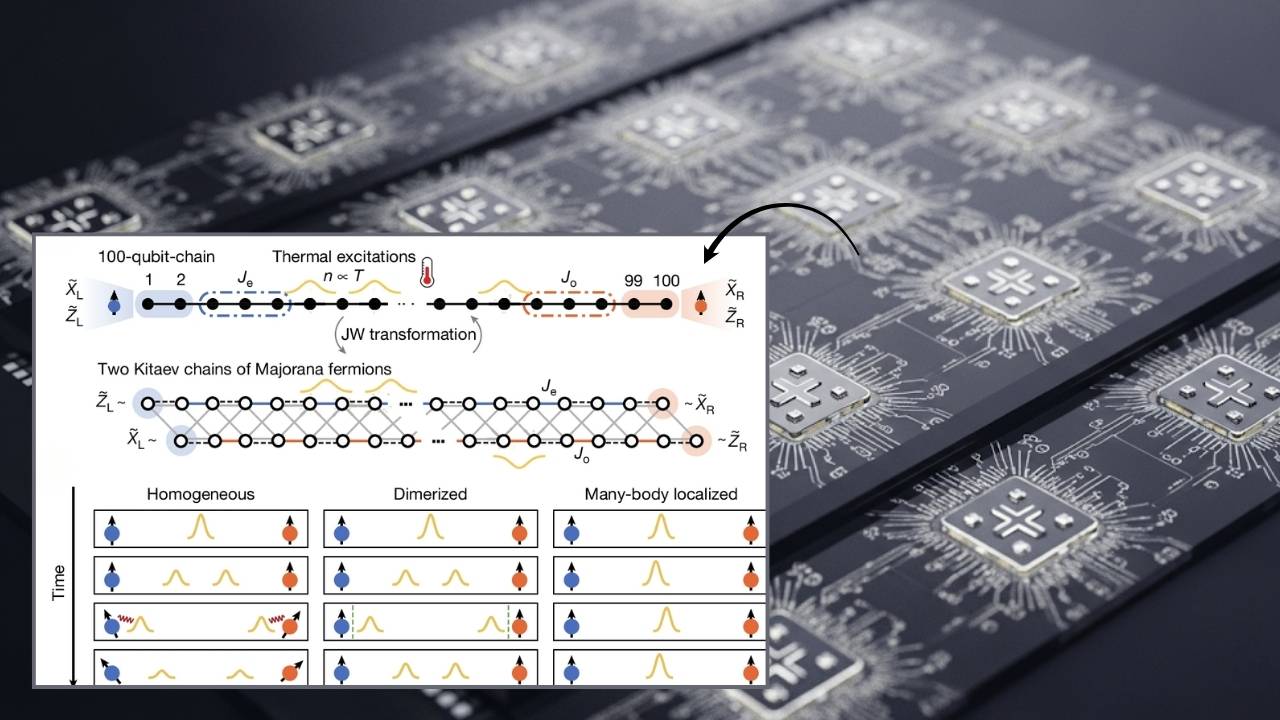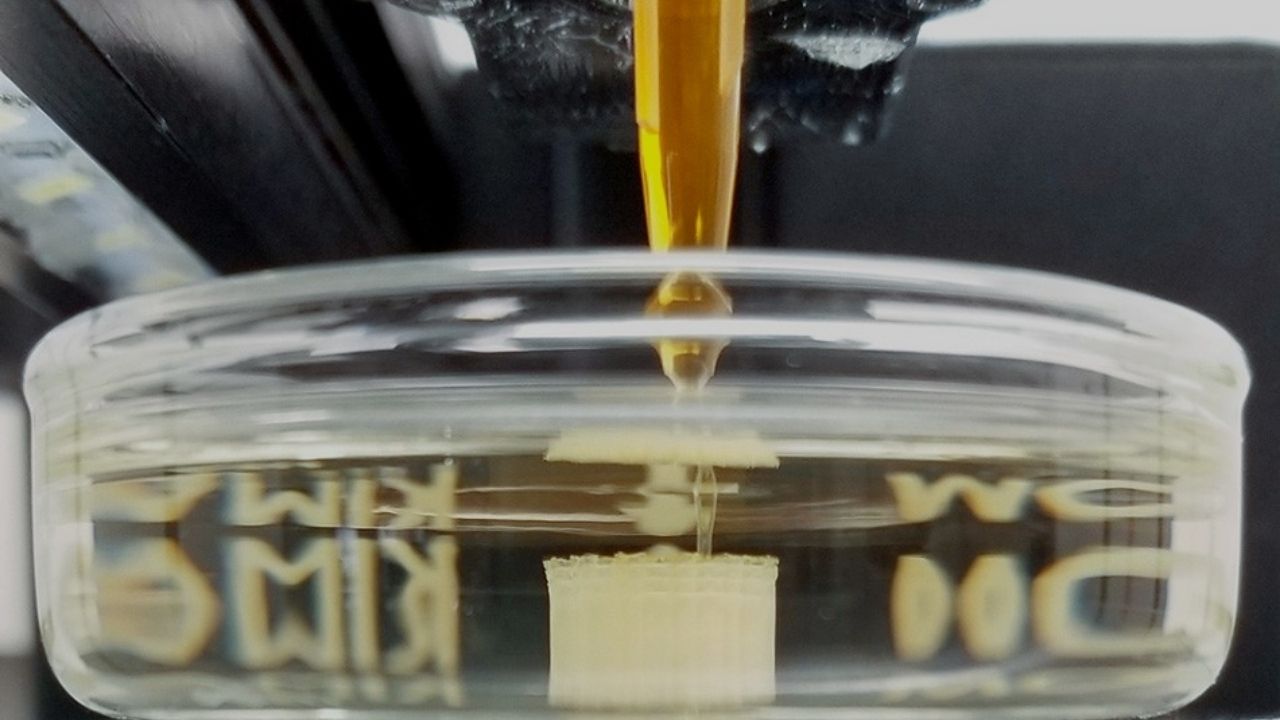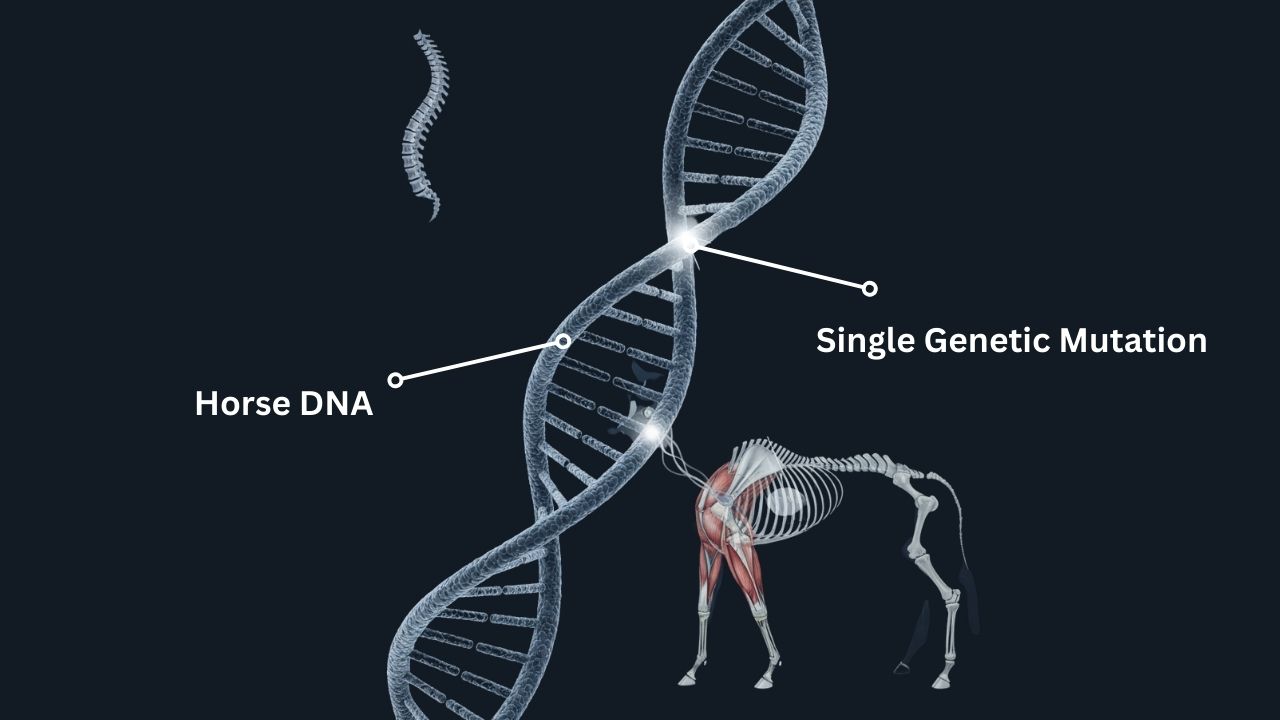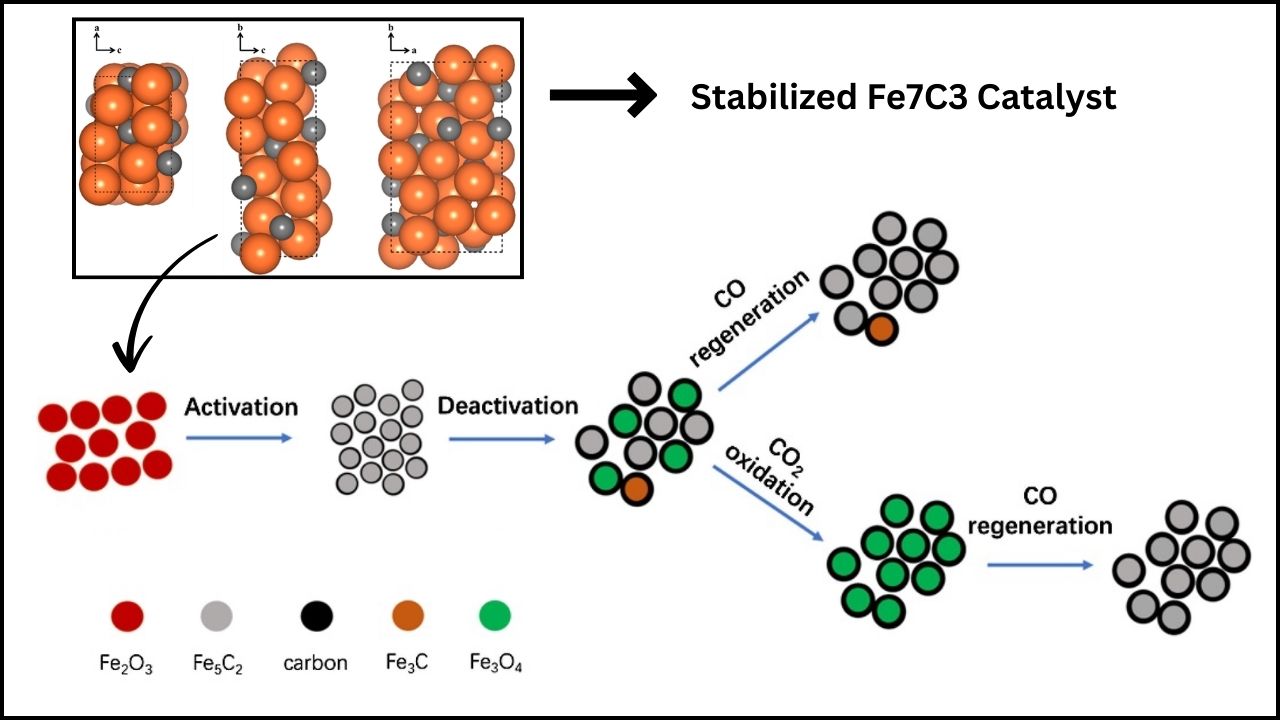Advances in Quantum Computing and Hybrid Quantum-Classical Workflows: Quantum computing is one of the most exciting frontiers in technology today. Unlike traditional computers, which use bits that are either 0 or 1, quantum computers use qubits—special particles that can be both 0 and 1 at the same time. This unique ability allows quantum computers to solve complex problems much faster than regular computers ever could.
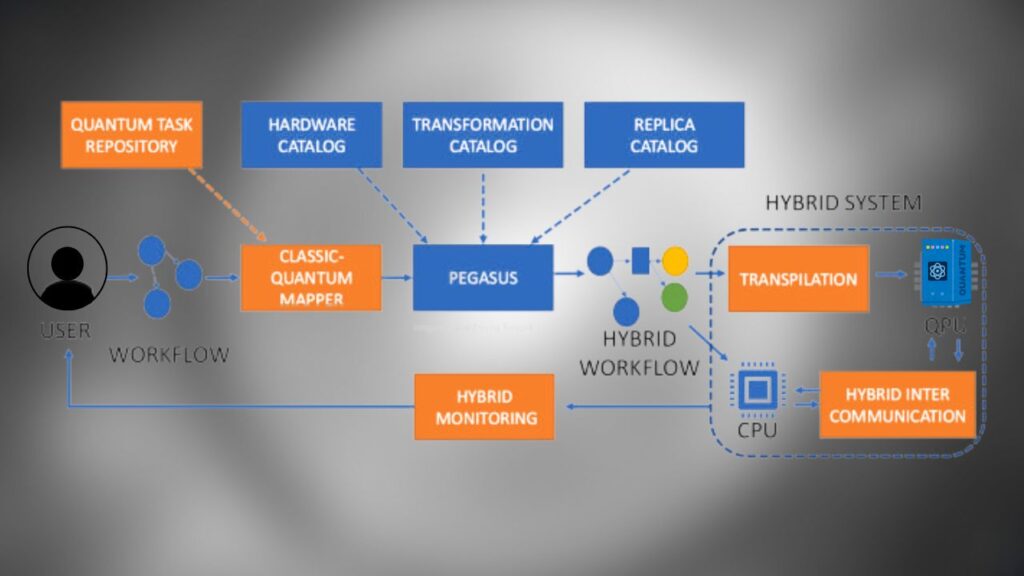
In this article, we’ll explore the latest advances in quantum computing, how hybrid quantum-classical workflows are changing industries, and what this all means for professionals and curious minds alike.
Advances in Quantum Computing and Hybrid Quantum-Classical Workflows
| Feature/Topic | Details & Stats |
|---|---|
| Qubit | Quantum bit; can be 0, 1, or both at once (superposition) |
| Superposition & Entanglement | Core principles that enable parallelism and complex problem-solving |
| Speed | Quantum computers can solve problems in seconds that would take supercomputers millions of years |
| Hybrid Workflows | Combine quantum and classical computing for real-world applications in pharma, finance, and AI |
| Industry Leaders | IBM, Google, Microsoft, D-Wave, Intel, Airbus, and more |
| Career Opportunities | Quantum software developer, quantum algorithm designer, quantum hardware engineer, research scientist |
| Official Resource | IBM Quantum Computing |
Quantum computing is revolutionizing the way we solve the world’s toughest problems. With the power of qubits, superposition, and entanglement, quantum computers can tackle challenges that are impossible for classical computers. By combining quantum and classical approaches in hybrid workflows, industries like pharmaceuticals, finance, and logistics are already seeing real benefits. Whether you’re a student, a professional, or just curious, now is the perfect time to explore this fascinating field and be part of the next technological revolution.
What Is Quantum Computing? A Simple Explanation
Imagine you have a magical coin. When you flip it, instead of landing on heads or tails, it can be both at the same time. This is called superposition. Now, imagine you have two magical coins, and when you flip one, the other instantly knows what side it landed on—even if it’s far away! This is called entanglement.

Quantum computers use these magical properties to process information in entirely new ways. Instead of solving one problem at a time, they can explore many possibilities all at once. This is why quantum computing is so powerful and why it’s being called the future of technology.
How Do Quantum Computers Work?
- Qubits: The basic building block, like a bit in classical computers, but much more powerful.
- Superposition: Qubits can be in multiple states at once, allowing for parallel processing.
- Entanglement: Qubits can be linked together, so changing one instantly affects the other, no matter the distance.
- Quantum Gates: Special operations that manipulate qubits, similar to logic gates in regular computers, but with more possibilities.
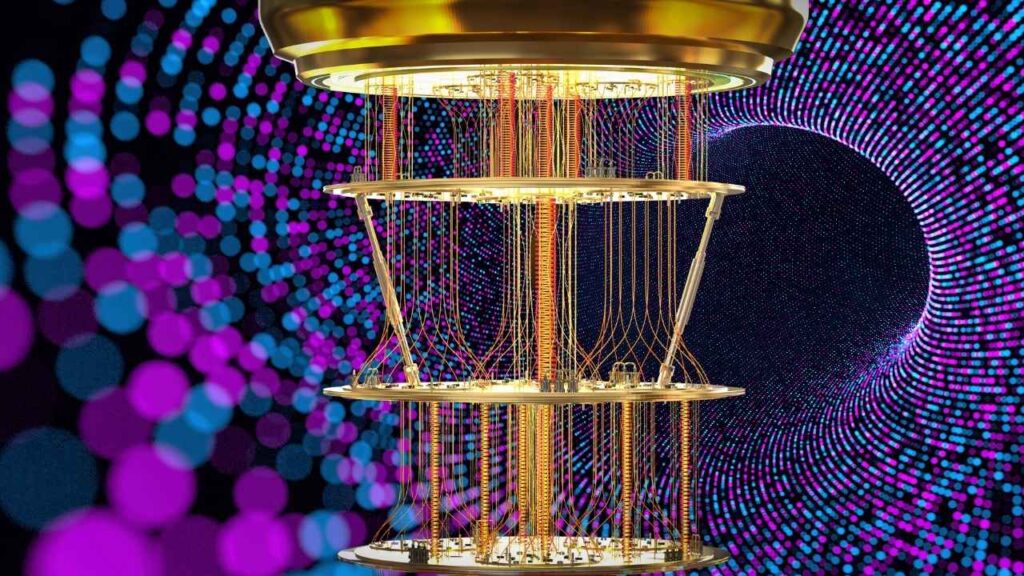
Example: The Bloch Sphere
To visualize a qubit, scientists use something called the Bloch Sphere. Imagine a globe where every point on the surface represents a possible state of a qubit—not just the North and South Poles (0 and 1), but every point in between.
Why Is Quantum Computing Important?
Quantum computers are not just faster versions of today’s computers—they are a completely new kind of tool. They can solve problems that are impossible for even the most powerful supercomputers. For example:
- Drug Discovery: Simulating how molecules interact to find new medicines.
- Cryptography: Breaking codes that are unbreakable for classical computers, and creating new, even stronger codes.
- Optimization: Finding the best route for delivery trucks, the best investment portfolio, or the most efficient way to manufacture a product.
Hybrid Quantum-Classical Workflows: The Best of Both Worlds
Since quantum computers are still new and can be fragile, most real-world applications today use a hybrid approach. This means combining the strengths of quantum computers with the reliability of classical computers.
How Do Hybrid Workflows Work?
- Classical Computer: Sets up the problem and handles parts that don’t need quantum speed.
- Quantum Computer: Tackles the most complex calculations, like simulating molecules or optimizing huge systems.
- Classical Computer: Takes the results from the quantum computer and refines them, checks for errors, and presents the final answer.
Real-World Example
In the pharmaceutical industry, researchers use classical computers to prepare data about molecules. Then, quantum computers simulate how those molecules behave, something classical computers can’t do efficiently. Finally, the results are checked and analyzed using classical computers.
Recent Advances in Quantum Computing
The last few years have seen incredible progress:
- IBM’s Condor Processor: Surpassed 1,000 qubits, a major milestone for scaling quantum hardware.
- Google’s Willow Chip: Demonstrated calculations faster than any supercomputer, using over 100 qubits with low error rates.
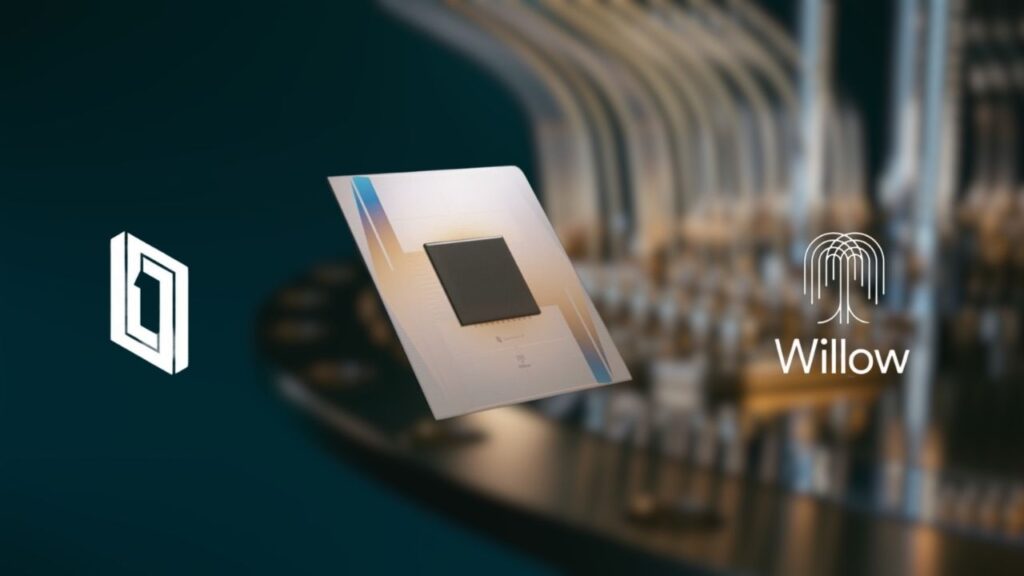
- Pasqal’s Neutral-Atom Processor: Aims for 250 qubits by 2026, focusing on real-world applications in optimization and machine learning.
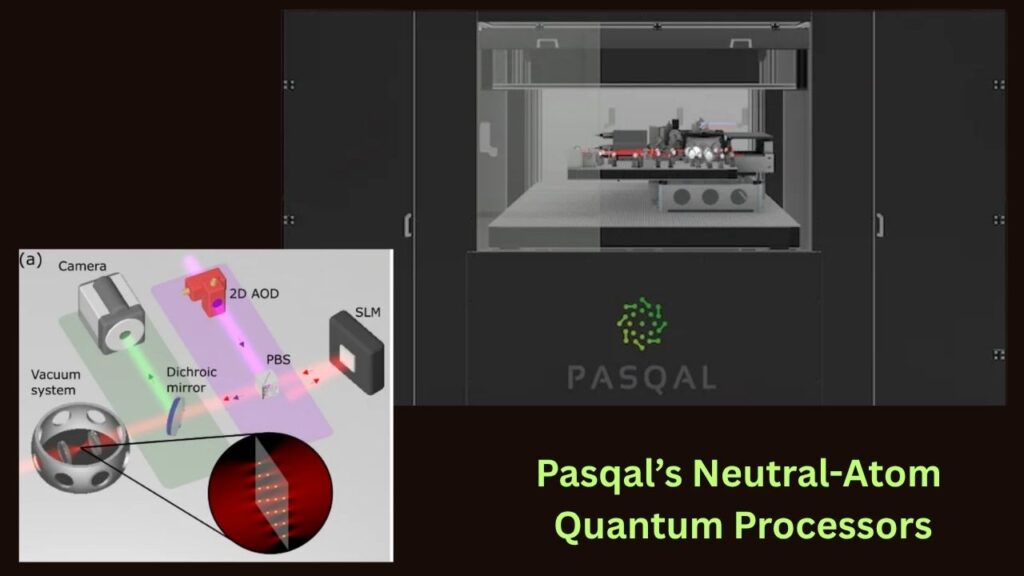
- Hybrid Algorithms: Techniques like the Variational Quantum Eigensolver (VQE) and Quantum Approximate Optimization Algorithm (QAOA) are already being used for chemistry and logistics problems.
Industry Leaders
Major companies investing in quantum computing include:
- IBM
- Microsoft
- D-Wave
- Intel
- Airbus
- Volkswagen
- Biogen
- Amgen
Practical Advice: How to Get Started in Quantum Computing
Whether you’re a student, a professional, or just curious, there are many ways to dive into this exciting field:
- Learn the Basics: Start with online resources such as the IBM Quantum Computing official site.
- Experiment Online: Platforms like IBM Quantum Experience let you run real quantum programs for free.
- Take Courses: Many universities and online platforms offer beginner-friendly courses in quantum computing.
- Join Communities: Participate in forums, attend webinars, and connect with other learners and professionals.
- Explore Hybrid Algorithms: Try coding simple hybrid workflows using open-source libraries like Qiskit or Cirq.
Is the Universe a Giant Computer? New Research Offers Clues About Quantum Gravity
New Quantum State Discovery Set to Revolutionize Material Science Worldwide
QuantumDiamonds Launches Diamond-Based Microscopy Tool for Semiconductor Failure Analysis
FAQs About Advances in Quantum Computing and Hybrid Quantum-Classical Workflows
What is a qubit?
A qubit is the basic unit of quantum information, similar to a bit in classical computing, but it can be in a state of 0, 1, or both at the same time (superposition).
How are quantum computers different from classical computers?
Classical computers use bits (0 or 1), while quantum computers use qubits, which can be both at once. This allows quantum computers to solve certain problems much faster.
What are some real-world uses of quantum computing?
Quantum computing is being used for drug discovery, cryptography, optimization, and even artificial intelligence.
Are quantum computers going to replace classical computers?
No. Quantum computers are a new tool for solving specific, complex problems. Classical computers will still be used for everyday tasks.
How can I learn more about quantum computing?
Start with beginner resources like the IBM Quantum Computing official website, take online courses, and try coding simple quantum programs.

